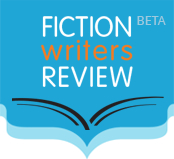Here’s a recap of the reviews, interviews, and essays you may have missed on Fiction Writers Review lately.
- Charlotte Boulay reviews The Queen’s Thief series by Megan Whalen Turner, calling it “serial narrative of the best kind—the kind that gets richer and more complex as it develops” and adding, “Even among YA fantasy novels, The Thief is exceptional because it’s a story about adults. These are not the sudden inheritors of magical powers, but people who have carried the weight of responsibility for their entire lives.”
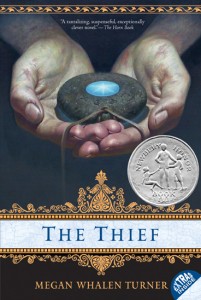
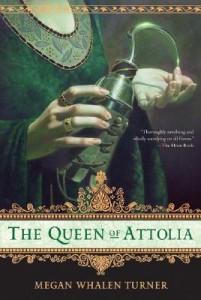
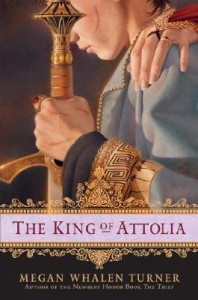
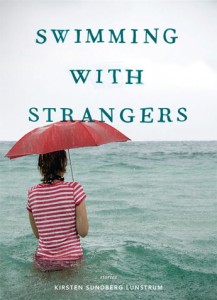 Brian Short reviews Swimming with Strangers, the second collection by Kirsten Sundberg Lunstrum. “Lunstrum keeps [her thematic elements] at a low burble,” Short writes, “focusing on the reality of these characters’ odd and terrible struggles. It is a very brave choice.”
Brian Short reviews Swimming with Strangers, the second collection by Kirsten Sundberg Lunstrum. “Lunstrum keeps [her thematic elements] at a low burble,” Short writes, “focusing on the reality of these characters’ odd and terrible struggles. It is a very brave choice.”
- Zachary Watterson interviews Charles Johnson, who talks about about his mentors and influences, including teachers, parents, and friends. We need literary friends, Johnson says, because
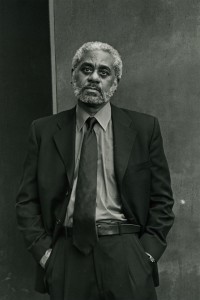
Charles Johnson / photo credit Mary Randlett
[e]xcept when we’re collaborating on projects with others, which I’ve done a lot of, the activity of writing is lonely, very solitary. That’s never bothered me because I was an only child and from kidhood learned to find ways to amuse myself for hours on end with no one else around. Nevertheless, sharing thoughts, feelings and experiences with another artist on a regular basis is refreshing. That person becomes like a mirror. Their experiences and practice can clarify and bring a subtler understanding to our life and creative practice. - In a conversation with Mary Westbrook, author Heidi Durrow, whose debut novel The Girl Who Fell From the Sky won the 2008 Bellwether Prize, says:

Heidi Durrow / photo by Timothi Jane Graham
I don’t mind that when I’m interviewed I am speaking as a representative of biracial women. I’m heartened that people are interested. I do wonder, though, when the book is critiqued as being not enough about the biracial experience. To that criticism I say, “Well, okay, but it’s not a position paper. It’s a story.”
- Michael Rudin ruminates on the future of books in his essay “The Age of Binary Bookmaking”:
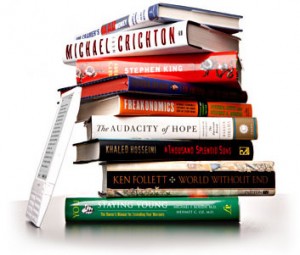 In the same way that the modern art movement called into question what it meant to call something “art,” this will be an era that both challenges our static definition of “writing” and redefines the relationship between “writer” and “reader.” It will change who publishes, how they publish, and what form they publish in. Today’s technological delights are well on their way to becoming tomorrow’s demands, entrenching themselves in ways that will do more than force bookbinding as a business model to adapt, but allow writing, as an art form, to expand and thrive. These are good things.
In the same way that the modern art movement called into question what it meant to call something “art,” this will be an era that both challenges our static definition of “writing” and redefines the relationship between “writer” and “reader.” It will change who publishes, how they publish, and what form they publish in. Today’s technological delights are well on their way to becoming tomorrow’s demands, entrenching themselves in ways that will do more than force bookbinding as a business model to adapt, but allow writing, as an art form, to expand and thrive. These are good things.

